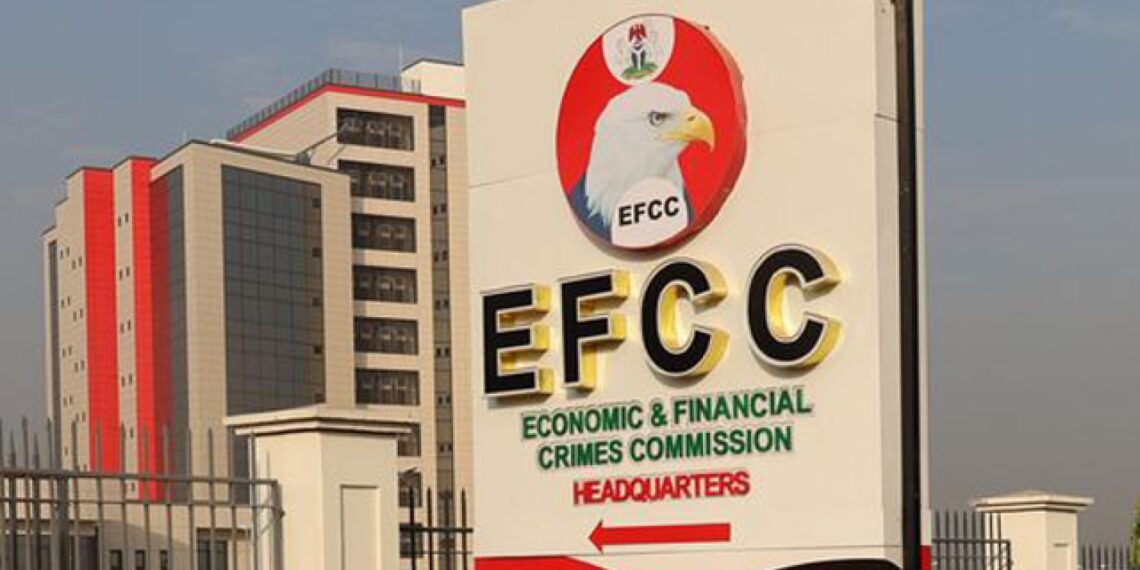In today’s Nigerian economy, many people turn to Ponzi schemes, not always out of greed but often out of desperation. The cost of living keeps rising, salaries stay the same, and opportunities feel scarce. So when something comes along promising quick returns, it’s easy to see why people might take the risk. For some, it’s a calculated gamble; for others, it’s hope wrapped in urgency.
Sometimes, they know it’s Ponzi, but they join anyway, hoping to cash out before it crashes. Other times, they genuinely don’t know—it’s introduced by a friend, someone they trust, and it feels safe.
There’s also the silent pressure of seeing people around you suddenly “making it,” showing off gains they claim came from these platforms. In a country where hustle is constant and rewards are uncertain, even a red flag can start to look like a lifeline.
I thought CBEX could help me get rich quickly and pay off my debts in Nigeria’s tough economy. A coworker introduced me, but I declined—still stung from losing $100 to a gold mining scam, Barrick Gold, in 2023. After some research, all the signs pointed to CBEX as another scam.
According to research by security analyst Taiwo Owolabi, investors’ money was transferred through funnel wallets before ending up in a central wallet with 857 million USDT equivalent to $857 million.
Nigerian investors lost about N1.3 trillion on CBEX, a major digital asset trading platform. The platform collapsed after wallet funds disappeared, delayed withdrawals, and stopped communication channels.
Like MMM, many Nigerians hurried to invest in CBEX’s 40-day 100 percent crypto return. Notwithstanding the crash, CBEX has charged $100 and $200 verification fees to access partial withdrawals.
Since 2016, Ponzi schemes have repeatedly taken advantage of Nigerians’ financial struggles. They began with MMM Nigeria and were quickly followed by platforms like Ultimate Cycler, Twinkas, and Get Help Worldwide. Each year brought new names, such as Crowd1, InksNation, Racksterli, 86FB, MBA Forex, and many others, all promising quick wealth and disappearing just as fast.
Even as awareness grew, these schemes kept evolving. From 2020 to 2025, platforms like Ovaioza, CALA Finance, Compoundly, WealthBuddy, BitFinance Global, and CBEX continued the cycle of new faces and the same old scam. In a tough economy, hope and desperation often make people easy targets.
Identifying the danger signs: Lessons from the CBEX debacle
Yesterday, it was MMM. Today, it is CBEX. Tomorrow, it could be something else. Before the next Ponzi scheme/scam comes again and you get carried away with mouth-watering returns, investors ignored four red flags about CBEX.
No regulatory approval
CBEX had no approval from the SEC or Central Bank of Nigeria, yet many still invested, drawn in by its flashy appearance. Like many past scams, it wasn’t registered or regulated. The SEC has warned that unregistered forex and digital asset platforms are now illegal under the new Investment and Securities Act.
Lesson: Always check if a platform is registered before investing. You can verify on www.sec.gov.ng.
Anonymous founders
CBEX’s site and app had no known owners or team behind it. To seem legit, it posed as a crypto platform, throwing around buzzwords like “blockchain” and “AI,” but had no real trading activity or links to trusted exchanges.
Lesson: If a platform hides who’s behind it, it’s a red flag. No transparency, no trust.
Unrealistic ROI, withdrawal difficulties
There’s no set “ideal” ROI, but when returns sound too good to be true, they usually are. CBEX promised 100 percent returns in 40 days, a classic Ponzi red flag. Early users were paid with new investors’ money until the system started to crack.
Before it collapsed, withdrawals were delayed, with CBEX blaming “system upgrades,” a common excuse when Ponzi schemes are about to fold.
Lesson: Unrealistic returns and withdrawal issues are major warning signs. That’s often when the exit begins.
Influencers and peer pressure
The Fear Of Missing Out (FOMO) affects people of all ages, especially when friends, family, or influencers are involved. CBEX thrived on this, using social media hype and word-of-mouth to build trust.
From WhatsApp to TikTok and YouTube, people shared payment screenshots and success stories, some real, many fake. Once familiar faces vouched for it, others followed without asking questions.
Lesson: Social proof isn’t due diligence. Always do your checks, no matter who recommends it.
This isn’t the first time a venture like CBEX has failed, and sadly, it probably won’t be the last. Investors should always do their due diligence before rushing to commit their funds into any platform that promises high returns with minimal or no risk.
















